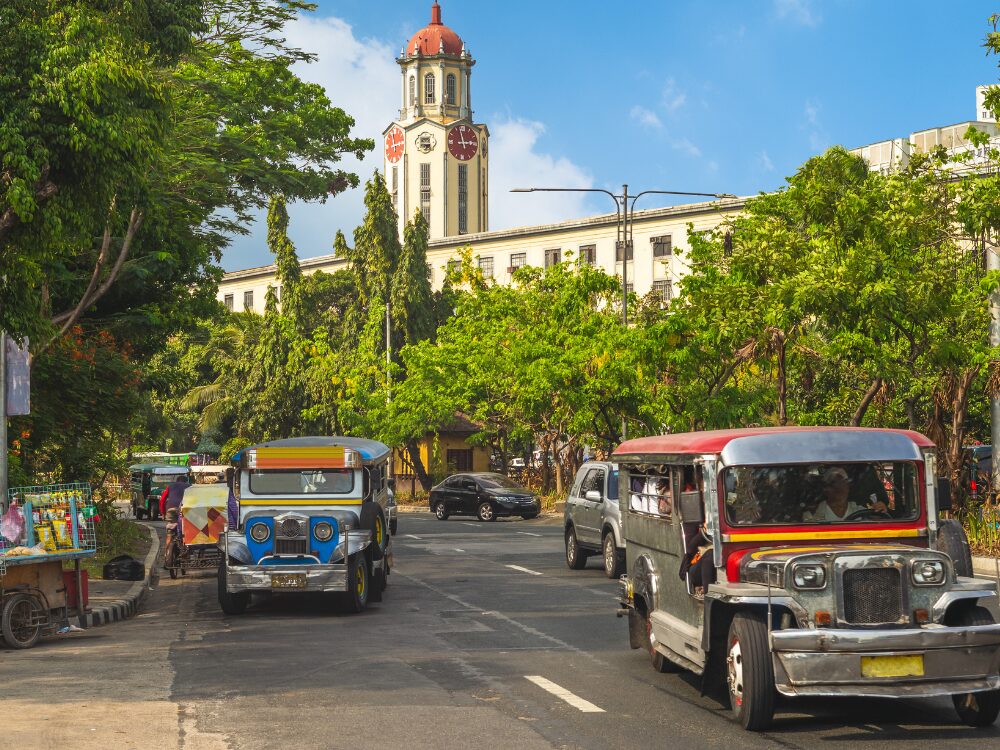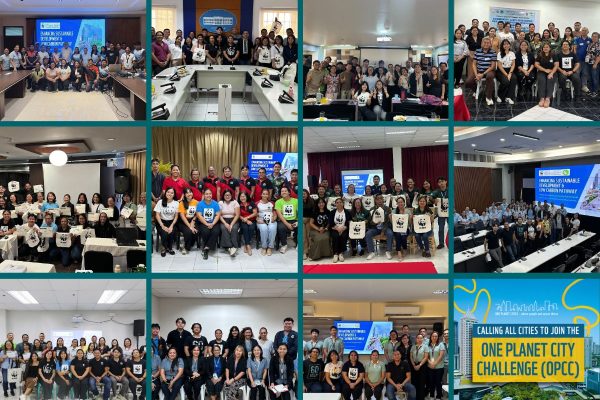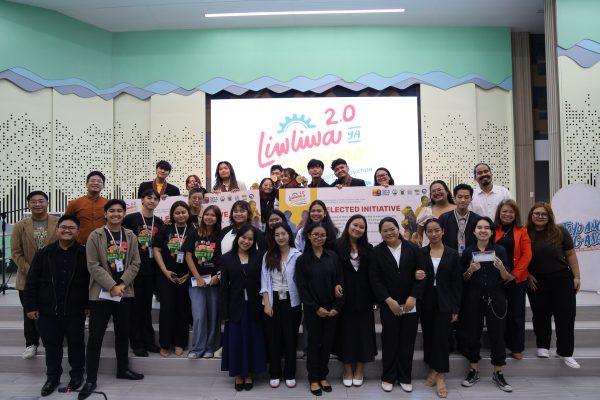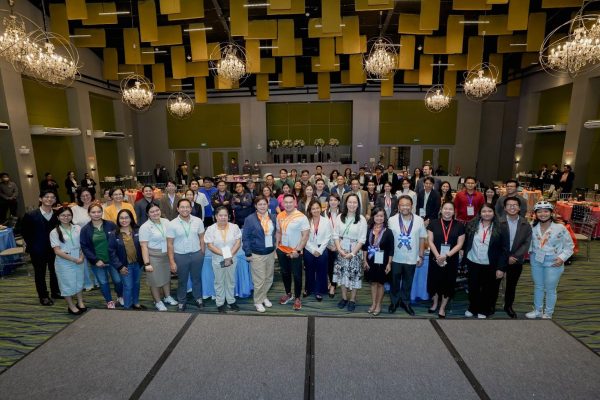This article was originally published on the CLARE website.
Over 80 stakeholders from local government units (LGUs), national government agencies, academe, civil society, foreign embassies, and international and local development organizations in the Philippines gathered for the online launch of the Enhancing Local Capacities in Socially Inclusive Resilience in Asia (SIRA) Project organized by ICLEI Southeast Asia on 31 July 2024 via Zoom.
Funded by UK Aid through the Foreign Commonwealth and Development Office (FCDO) and the International Development Research Centre, Canada through the Climate Adaptation and Resilience (CLARE) programme and under the implementation of the ICLEI Southeast Asia (SEA) and South Asia Secretariats, the SIRA project aims to identify and address the immediate capacity needs of local governments in pursuing climate action that is inclusive and sustainable through a systematic and phased capacity strengthening programme anchored on south-south cooperation among four Asian countries: Bangladesh, Indonesia, Nepal, and the Philippines.
The project launch in the Philippines also saw discussions on current subnational initiatives towards urban resilience, as well as the sharing of gaps and opportunities for building socially-inclusive climate resilience at the local level.
Multilevel support for local resilience building
Present during the local launch were representatives from the British Embassy Manila and the Embassy of Canada to the Philippines, both of whom underscored the importance of local governments in the fight against the climate emergency and the response against climate hazards.
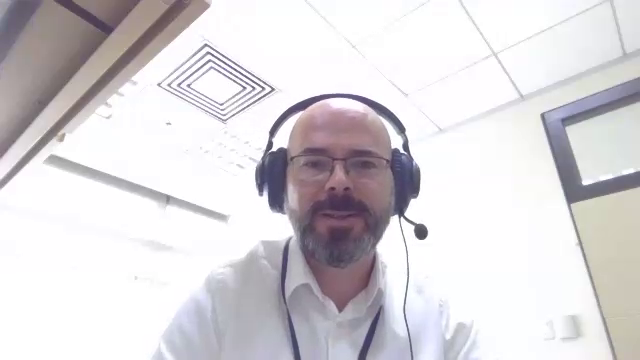
Vlad Ionescu, First Secretary for Development of the Embassy of Canada to the Philippines

Lloyd Cameron, Economic and Climate Counselor of the British Embassy Manila

Anna Liza Bonagua, Director, Bureau of Local Government Development, Philippine Department of Interior and Local Government
Roadblocks and launch points for local Philippine resilience
According to the 2023 World Risk Index Ranking, the Philippines is the number one at-risk country in the world to climate hazards and disaster risks. Therefore, developing resilience is key to lessening these harmful effects, as well as to reap various co-benefits in the country’s social, environmental, and economic systems.
Through their engagements in sustainable development at the local level, the Catholic Relief Services and the Institute for Climate and Sustainable Cities both have in-depth experience on the challenges and opportunities to building the resilience capacities of LGUs.

Alan Silayan, Climate Resilient Cities – Chief of Party of the Catholic Relief Services

Golda Hilario, Director for Urban Development of the Institute for Climate and Sustainable Cities

Mae Valdez-Irong, Regional Program Manager of ICLEI Southeast Asia

Raquel Smith Ortega, EnP, MENRM, Chief, Climate Change Mainstreaming and Integration Division, Philippine Department of Environment and Natural Resources – Climate Change Service
Attendees from the National Economic and Development Authority, Legazpi City, Catbalogan City, Cagayan de Oro City, and West Visayas State University, also shared their organizations efforts towards developing resilience, particularly with the integration of gender equality, disability, social inclusion, and data localization into local development plans.
Next steps

Arjan De Haan, Senior Program Specialist of the International Development Research Center

Victorino Aquitania, Regional Director of ICLEI Southeast Asia
CLARE is a UK-Canada framework research programme on Climate Adaptation and Resilience, aiming to enable socially inclusive and sustainable action to build resilience to climate change and natural hazards. CLARE is an initiative jointly designed, funded and run by the UK Foreign Commonwealth and Development Office and Canada’s International Development Research Centre. CLARE is primarily funded by UK aid from the UK government, along with the International Development Research Centre, Canada.

